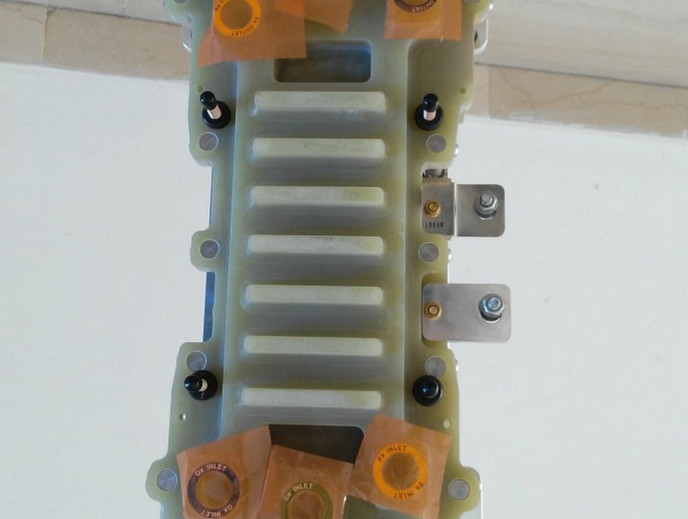New design for next-generation SOFC stacks
Fuel cell technology offers efficient and clean power generation to almost any device requiring electrical power. Relying on low-cost solid oxide or ceramic materials, SOFCs are another fuel cell technology that is also modular and efficient. They have great potential for a wide variety of applications, from use as auxiliary power units in vehicles to stationary power generation. Operation at very high temperatures gives them very high electrical efficiencies and fuel flexibility, both of which also contribute to better economics. Despite its potential, SOFC technology still needs to mature on specific issues to fulfil performance demands for mobile and portable applications. High-integrity sealing of the metal layers serving as interconnects between the individual cells poses a significant barrier to the wider commercialisation of SOFCs. Within the EU-funded project MMLRC=SOFC(opens in new window) (Working towards mass manufactured, low cost and robust SOFC stacks), researchers designed a solution that uses thin sheet metal formed in such a way that the coupling of thermomechanical stress between the SOFC cell and the metal interconnect frames is minimised. The new design enhances the capability for thermal cycling and reduces degradation of the interconnections. In addition, it boosts SOFC performance since the force needed for secure contacting is now independent of the force required to secure gas tightness of the sealing joints. Thermal cycling requirements in lightweight SOFC stacks are demanding, since start-up times for most kinds of mobile applications are short. The same also applies to portable devices that are expected to be operational within a very short time frame. Therefore, the most important issue from a fast start perspective is thermal stress management. Compensation of stresses from temperature gradients and implementation of improved glass sealants allow manufacturing of SOFC stacks to high-quality standards. The project’s proposed new architecture with reduced thermal stresses will lead to lightweight, more reliable SOFC stacks at reduced costs.







